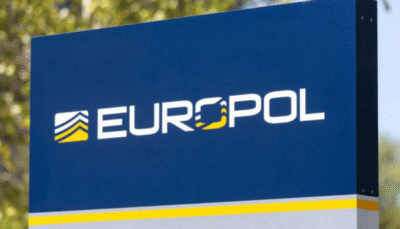Pakistan is gearing up to establish a comprehensive legal framework for cryptocurrency in an effort to attract international investors and position itself as a leader in blockchain-powered finance. The move signals a major policy shift as the country aims to provide regulatory clarity and embrace digital assets.
“Pakistan is done sitting on the sidelines; we want to have regulatory clarity. We need to have a legal framework that is pro-business,” said Bilal Bin Saqib, CEO of the Pakistan Crypto Council, in an interview with Bloomberg on March 20.
Saqib, recently appointed chief adviser to Pakistan’s finance minister for cryptocurrency management, emphasized that the country is looking to become a hub for blockchain-powered financial solutions. With nearly 60% of its population under 30, Pakistan has a digitally savvy, Web3-native workforce ready to develop and implement blockchain applications.

“We want Pakistan as the leader in blockchain-powered finance, and we want to attract international investment,” Saqib stated, highlighting the country’s untapped potential in the crypto sector.
Growing Crypto Adoption and Market Potential
Pakistan has already made strides in cryptocurrency adoption. According to Chainalysis, the country ranked ninth globally for crypto adoption in 2023, with estimates suggesting there are up to 20 million crypto users within its borders.
This growing adoption underscores the demand for a structured regulatory framework that can support innovation while protecting investors.
Saqib believes that global trends, particularly in the U.S., will further influence Pakistan’s approach to digital assets. He called U.S. President Donald Trump “the biggest bullish catalyst for crypto in history,” pointing to Trump’s recent efforts to establish a Bitcoin reserve and crypto stockpile using digital assets forfeited to the U.S. government.
“Trump is making crypto a national priority, and every country, including Pakistan, will have to follow suit or risk being left behind,” Saqib added.
For developing economies like Pakistan and Nigeria, the adoption of blockchain and cryptocurrency could lead to significant financial benefits. Saqib emphasized the role of crypto in remittances and international trade, stating that blockchain technology can lower the reliance on traditional banking systems, reduce remittance fees from 5% to 9%, and create seamless cross-border payment networks.
What’s Next for Pakistan’s Crypto Regulation?
With Saqib at the helm of the Pakistan Crypto Council, the country is expected to take rapid steps toward formalizing its crypto policies. His appointment on March 14 by Pakistan’s Finance Division underscores the government’s intent to create a business-friendly crypto environment.
“This is just the beginning, Pakistan is open for business,” Saqib said.
The government’s next steps will likely involve drafting detailed crypto regulations, engaging with international investors, and setting clear guidelines for blockchain-based businesses operating in Pakistan. If successful, this initiative could position Pakistan as a key player in the global digital asset economy while fostering innovation and economic growth in the region.





